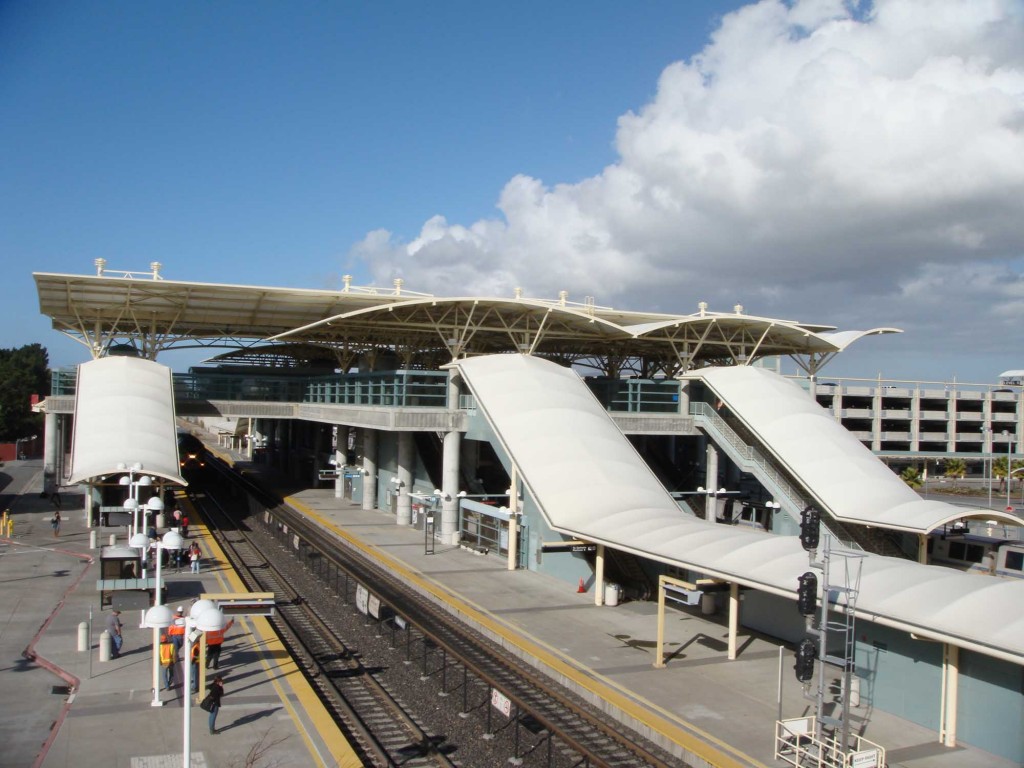Last week, the bill authorizing a regional transportation funding measure, SB63, passed the Senate Transportation Committee on Tuesday April 22 and the Senate Revenue and Taxation Committee on Wednesday, April 23. In the process, authors Wiener and Arreguin accepted several amendments.
The bill includes three counties: San Francisco, Alameda, and Contra Costa Counties, and allows two counties to opt in: San Mateo and Santa Clara.
The amendments remove placeholder language describing the process of working out the expenditure plan, and clarify that the bill will not require expenditures from non-participating counties, however an understanding of these contributions is important to the measure.
What this means is that if Santa Clara or San Mateo County decide not to participate, the bill will not require expenditures of these counties. However, BART and Caltrain serve these counties. So knowing how San Mateo and Santa Clara are contributing to Caltrain and BART will be critical to voters (and to to the other countries) to understand how the measure will sustain Caltrain and BART in order to make their voting decision. It’s hard to believe voters would vote to tax themselves for a measure that would still lead to a crash in backbone rail service.
As a next step, the bill will move to Senate Appropriations Committee, where it will likely go on the committee suspense file and likely be heard on May 23 – at which point the bill is likely to move to the Senate Floor for a floor vote.
Important decisions remain, including how to fund Caltrain and BART and which counties will participate. The bill sets a deadline of July 31 for the counties to opt in. Santa Clara and San Mateo County agencies are saying that they will make board decisions in June about whether to participate. Polling for Santa Clara County will be reported at the VTA board meeting on Thursday May 1, and polling for San Mateo County is expected to be done by June. The polling will help the counties decide whether to participate in a regional funding measure directly, or to do local measures and contribute separately.


